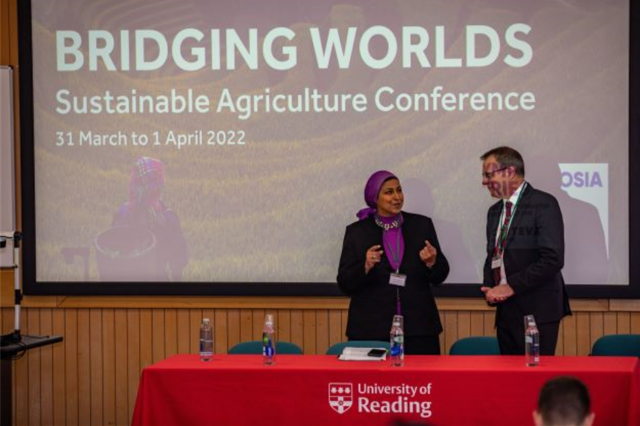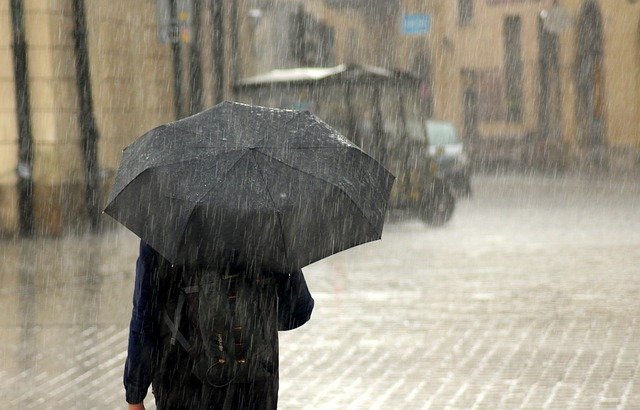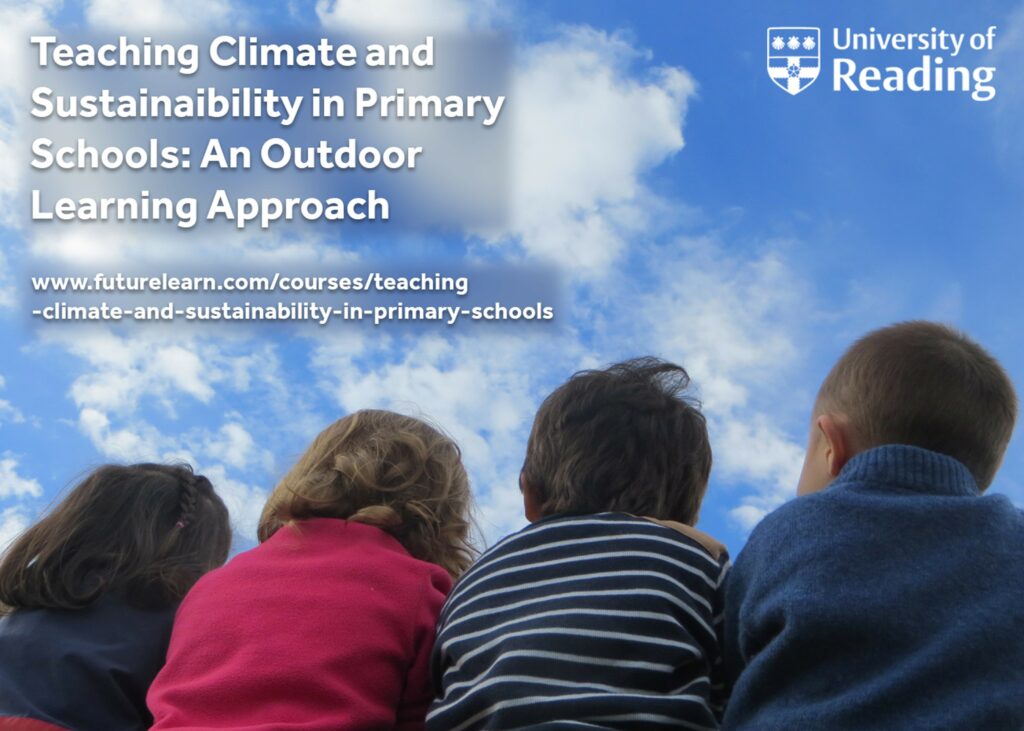During COP26 groups around the world gathered to protest the “unfair” and “elitist” climate action approaches of the world’s richest nations. The tone of the conference enraged many as developed…Read More >
climate change
Solutions to planetary health reside within us
Today, 7 April, is World Health Day, and this year focuses on the theme of ‘our planet, our health’. And not a moment too soon: we face an escalating crisis…Read More >
How a deluge of lockdown volunteers rescued UK’s hidden weather history
When it rains, it pours. Make hay while the sun shines. Save for a rainy day. Come rain or shine. The English language is overflowing with phrases about the weather,…Read More >
Teaching Climate and Sustainability in Primary Schools: An Outdoor Learning Approach
Last week we launched a short online course on Teaching Climate and Sustainability in Primary Schools: An Outdoor Learning Approach on the FutureLearn platform. The course is for Primary teachers…Read More >
Sustainable and nutritious food – are these values irreconcilable?
We recently held the 4th Annual Institute for Food Nutrition and Health (IFNH) Forum on the theme of ‘Sustainable and Nutritious Food – are these values irreconcilable?’. To replicate the…Read More >
Plants are flowering a month earlier – here’s what it could mean for pollinating insects
Plants are flowering about a month earlier in the UK due to climate change. That’s according scientists at the University of Cambridge, who recently analysed the first flowering dates of 406…Read More >
Four surprising ways climate change is affecting people’s health in England and Wales
When you take age out of the equation, temperature-related deaths are on the decline in England and Wales. That’s according to the latest figures from the Office for National Statistics (ONS). But…Read More >
Climate education – global change through local action
This year the theme set out by UNESCO for the International Day of Education (24th January) echoes the work we have been focusing on as a university. The notion of…Read More >
Antarctica’s ‘doomsday’ glacier: how its collapse could trigger global floods and swallow islands
The massive Thwaites glacier in West Antarctica contains enough ice to raise global sea levels by 65cm if it were to completely collapse. And, worryingly, recent research suggests that its…Read More >
The twelve months of Walker: 2021 highlights from the University’s Interdisciplinary Climate Research Centre
Despite the challenges caused by the pandemic, and not being able to meet so many valued colleagues and partners in person, the Walker Institute team have continued to build our…Read More >





